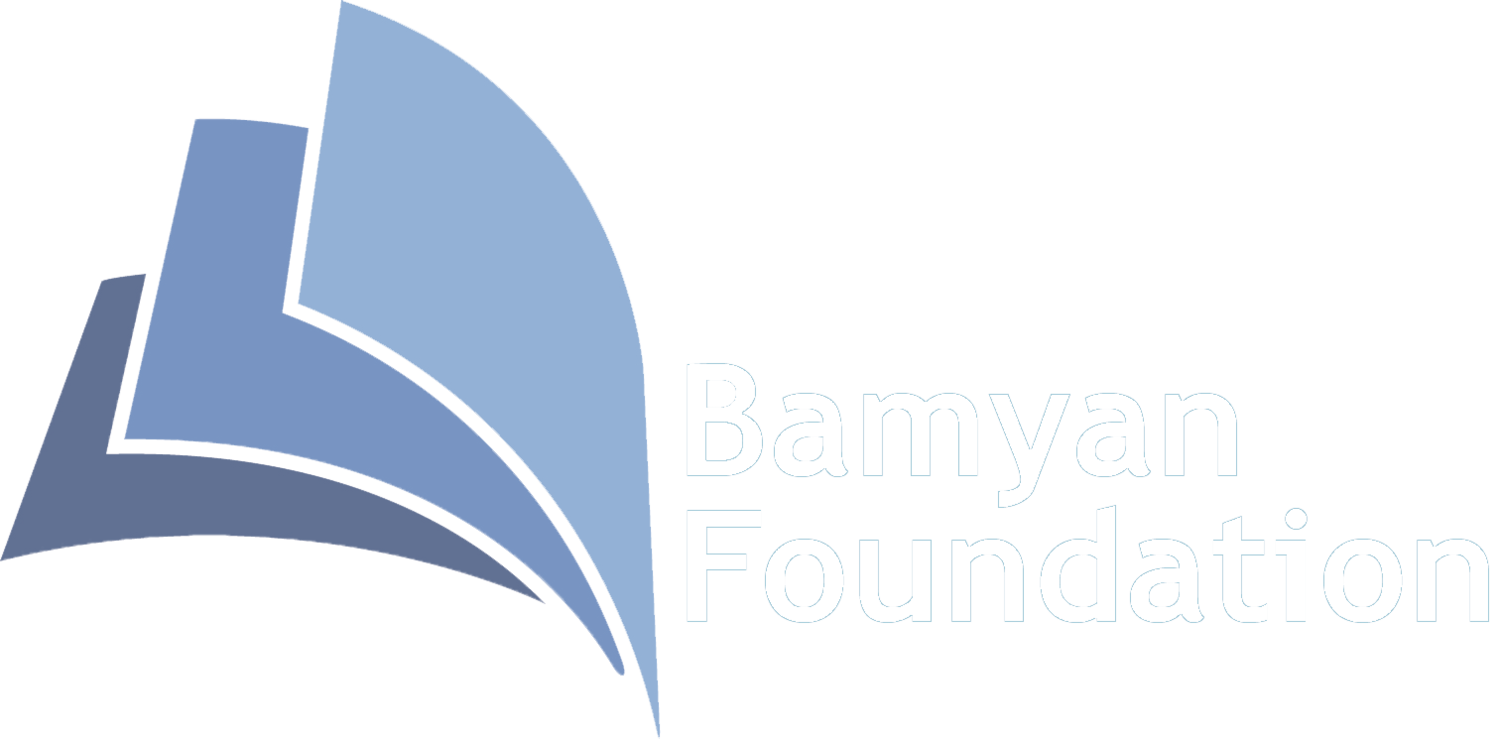#StopHazaraGenocide
The attack at the Kaaj Educational Centre in Kabul on 30 September 2022 killed 58 students and teachers. 126 wounded were taken to hospitals where the Taliban have cut off water, urgent care, and access for journalists.
The current systematic attacks on Hazaras fulfil the elements of the definition of genocide.
We gather in solidarity with the Hazaras who are subjected to genocide in Afghanistan.
The Hazaras have long faced systematic atrocities based on their membership in an ethnic and religious group. The Hazaras of Afghanistan have endured nearly 300 attacks since 2002. These attacks have a long history. In the 1890s, the Hazaras faced genocide, slavery, and massive depopulation that killed sixty percent of Hazaras. Under the Taliban in the 1990s, Hazaras were victims of at least nine genocidal massacres. The Taliban massacred between 2000 and 15,000 Hazaras in Mazar-e Sharif in 1998. The Taliban massacred hundreds more Hazaras at Bamyan when they blew up the stone Buddhas.
The Taliban also targeted the Hazaras during the Taliban insurgency under the former Republic. Since 2015, the Islamic State-Khorasan has also claimed responsibility for targeted attacks against Hazaras.
None of the crimes carried out against Hazaras have been investigated. None of the perpetrators have been arrested or brought to justice. No compensation for victims and their families has been paid.
As the de facto authority in Afghanistan, the Taliban have failed to provide protection for the Hazaras. The Taliban have forcibly displaced thousands of Hazaras from their ancestral lands across the country including Daikundi, Helmand, Kabul, Mazar-i-Sharif, and Uruzgan.
These intentional attacks to destroy a substantial part of the Hazara group amount to the crime of genocide. They fulfill the elements described in Article II of the Genocide Convention of 1948. International organizations like the US Holocaust Memorial Museum and Genocide Watch have issued warnings of genocide against the Hazaras. Hazaras face intentional destruction based on their ethnicity and religion.
We are deeply concerned about the violation of the fundamental human rights of all groups in Afghanistan.
Women and girls especially have suffered systematic attacks on their rights under the Taliban.
Since the August 2021 takeover by the Taliban, genocidal attacks against the Hazaras have increased significantly. There is an emerging pattern of targeting Hazara young people, especially girls. Hazaras are massacred in educational centers, schools, places of worship, hospitals, maternity centers, sporting facilities, wedding halls, buses on highways, and at funerals and other public gatherings.
The Hazara people call for:
1. The UN, US, UK, EU, human rights organizations, and journalists must recognize that the systematic attacks against the Hazaras in Afghanistan fulfil the definition of genocide: the intentional destruction of a substantial part of an ethnic and religious group, as such.
2. The UN and national governments should initiate urgent consultations with Hazara organizations on practical actions for the protection of the Hazaras in Afghanistan.
3. The International Criminal Court must open investigations of the atrocities against the Hazara people and should initiate cases against perpetrators for genocide and crimes against humanity.
4. All countries should prioritize Hazaras fleeing Afghanistan for asylum and resettlement as refugees.

